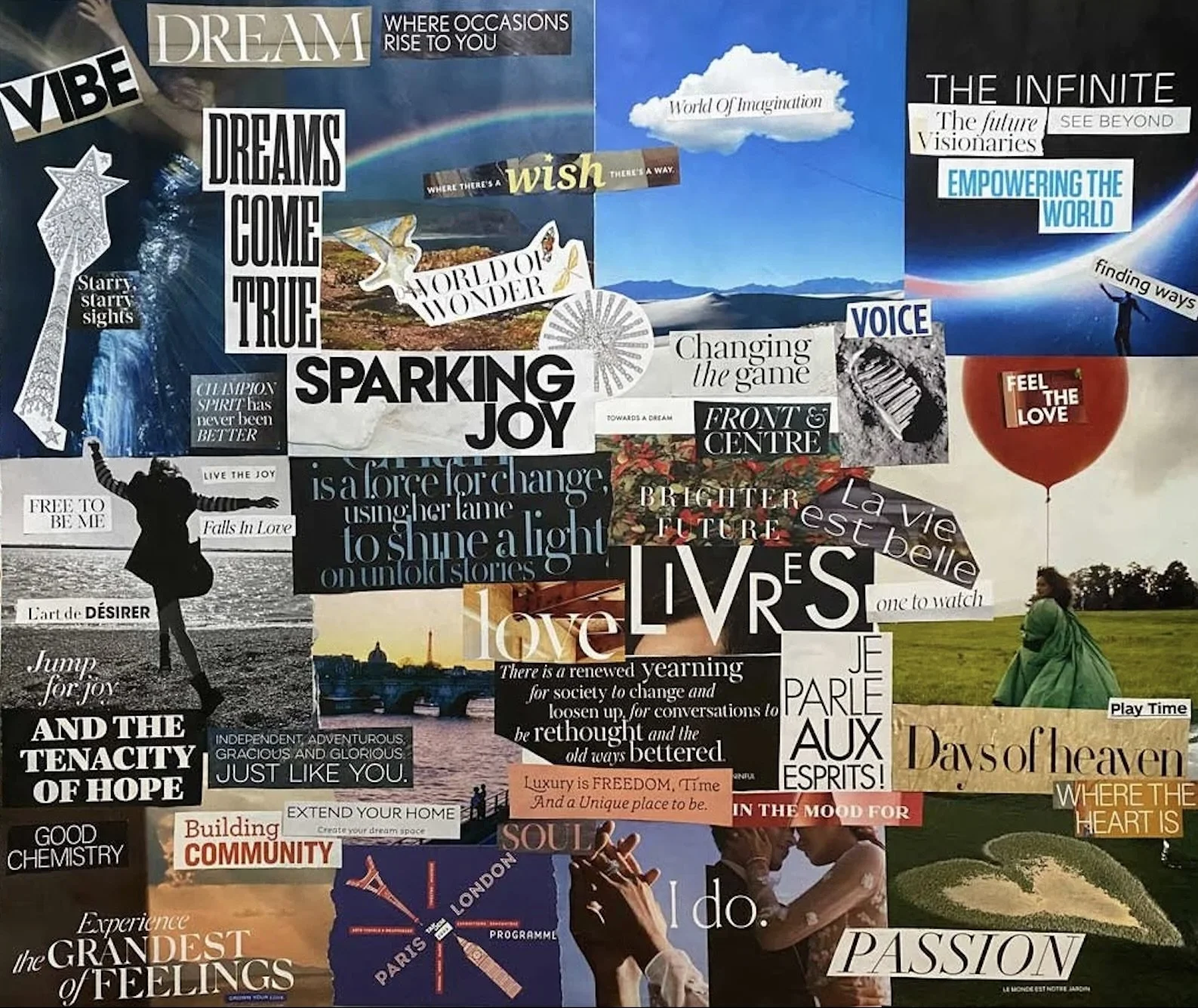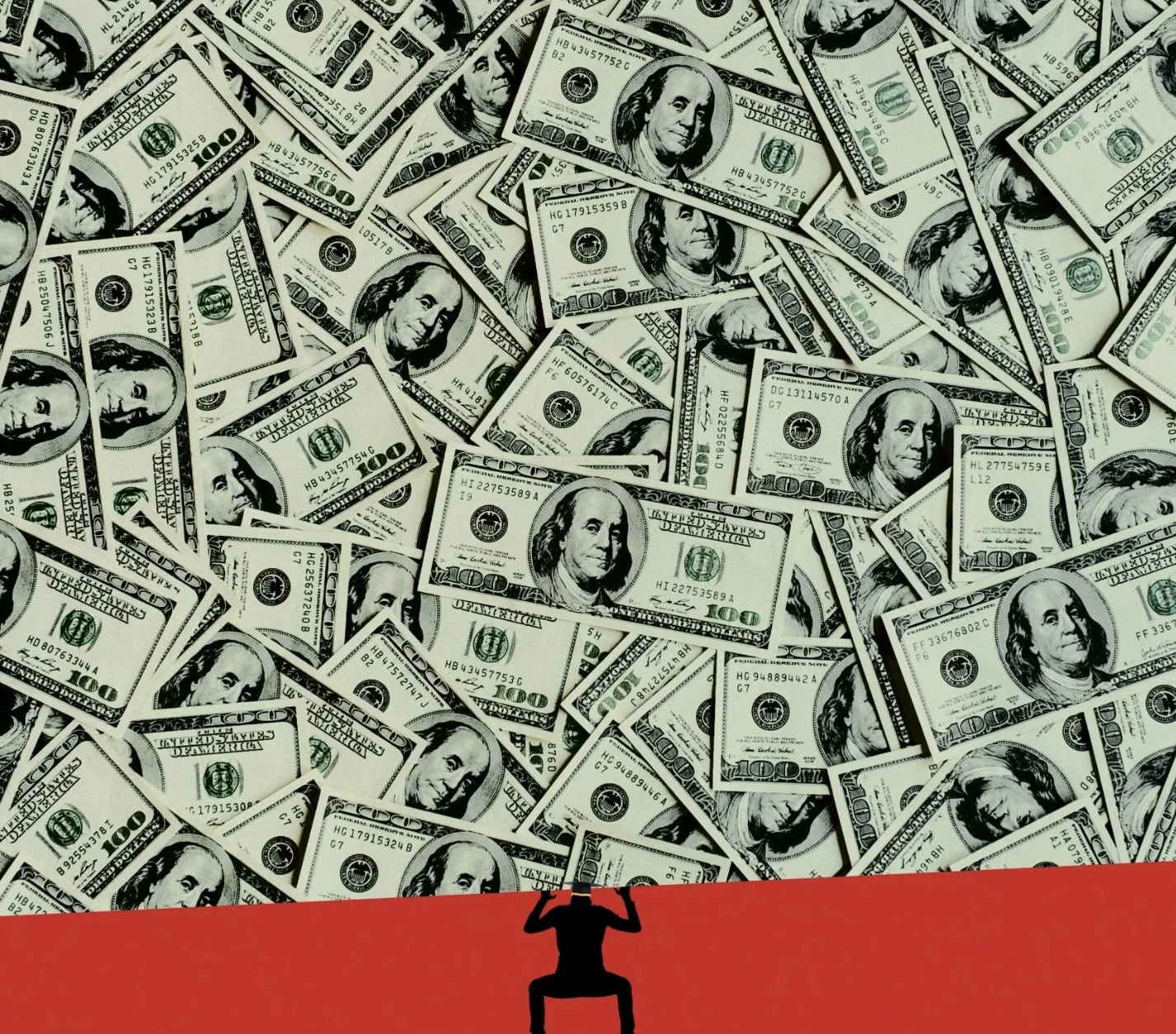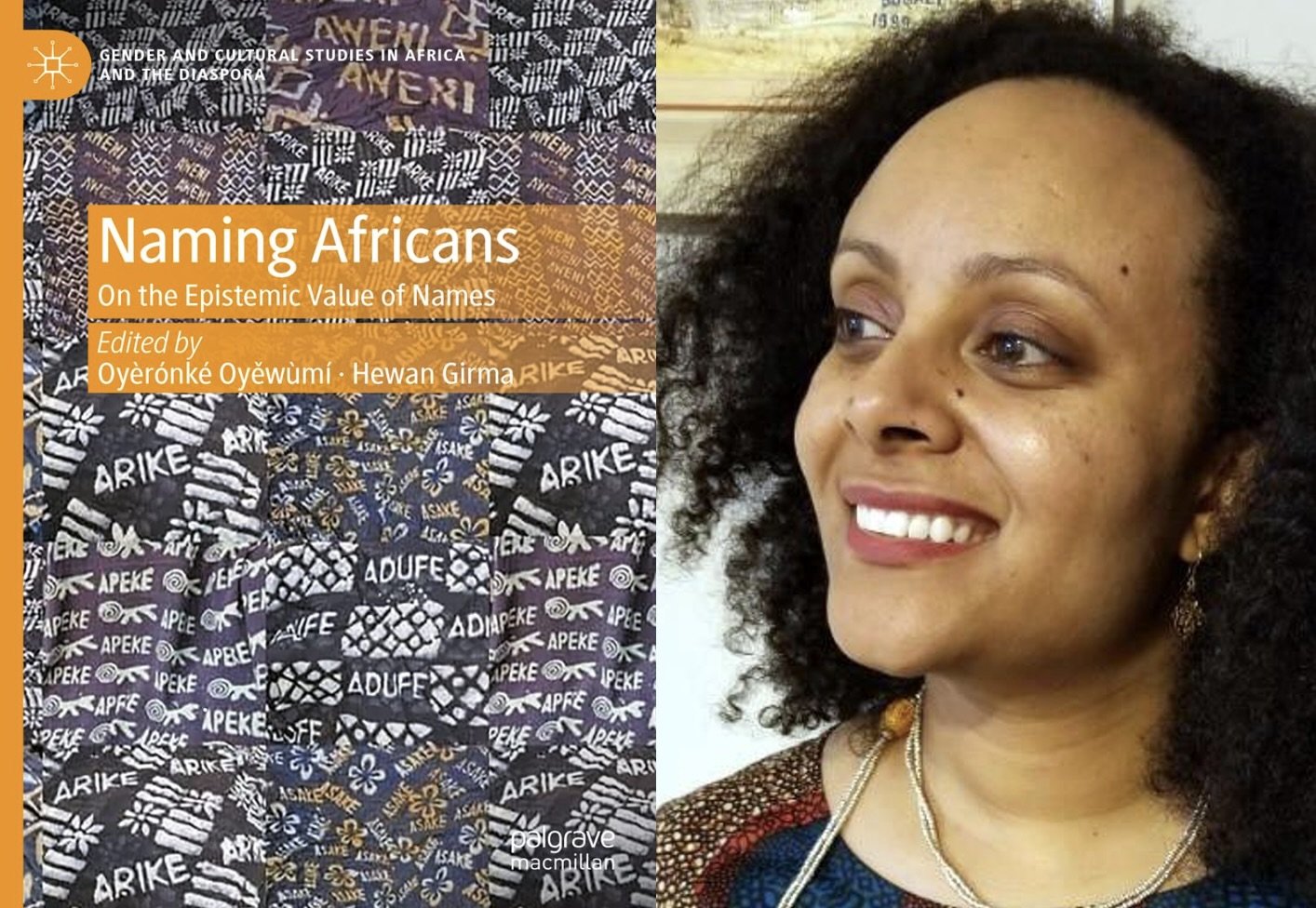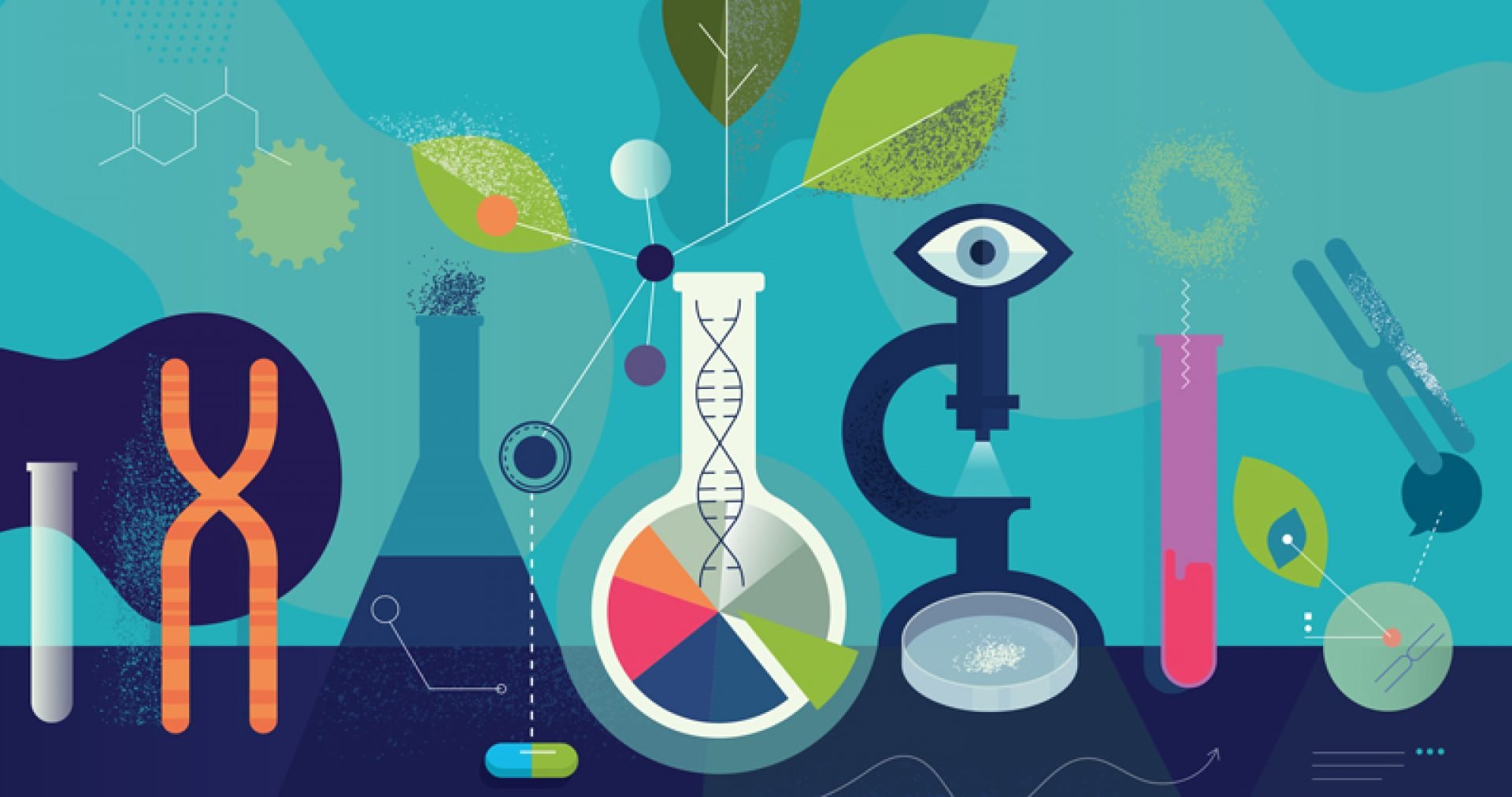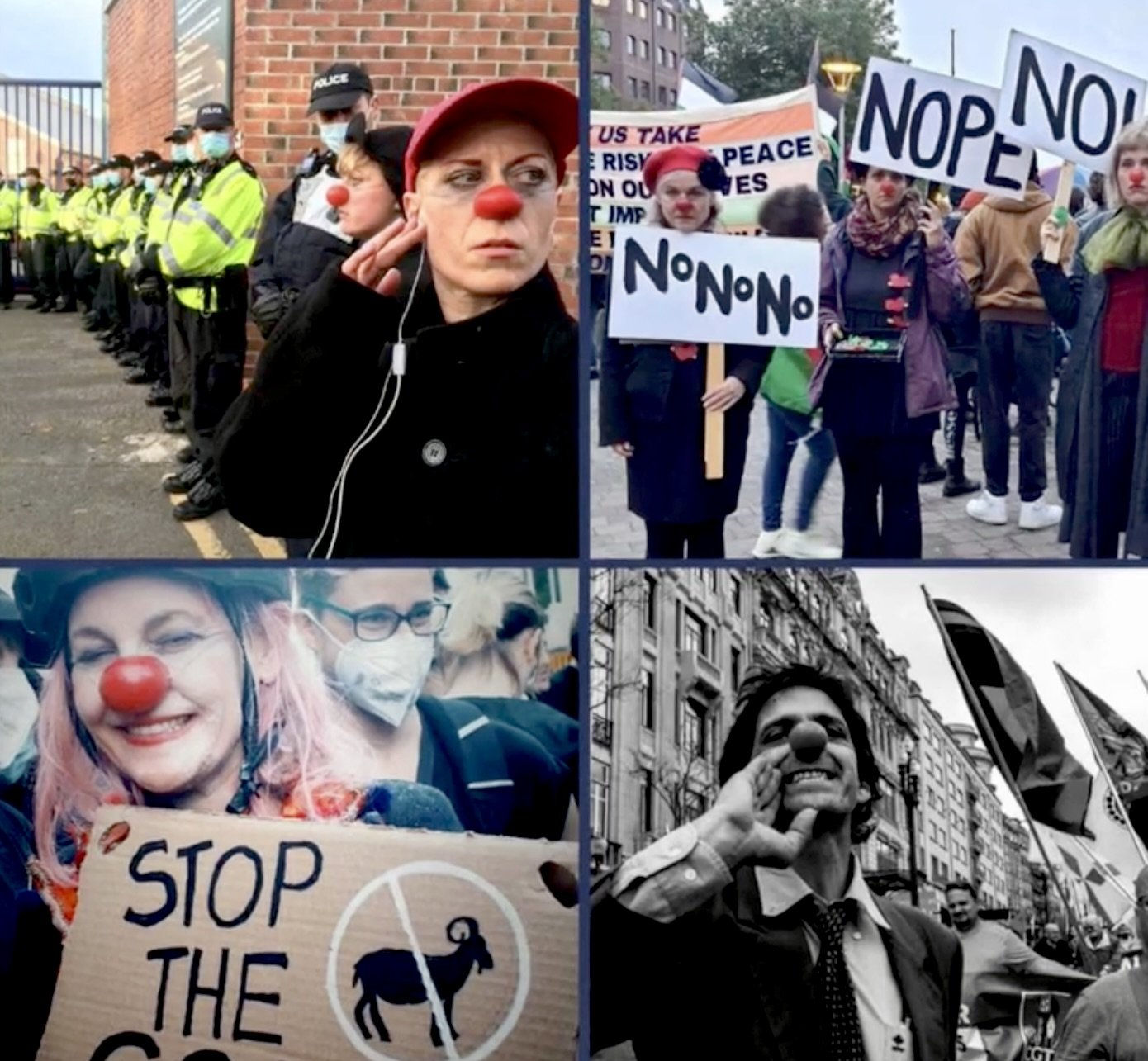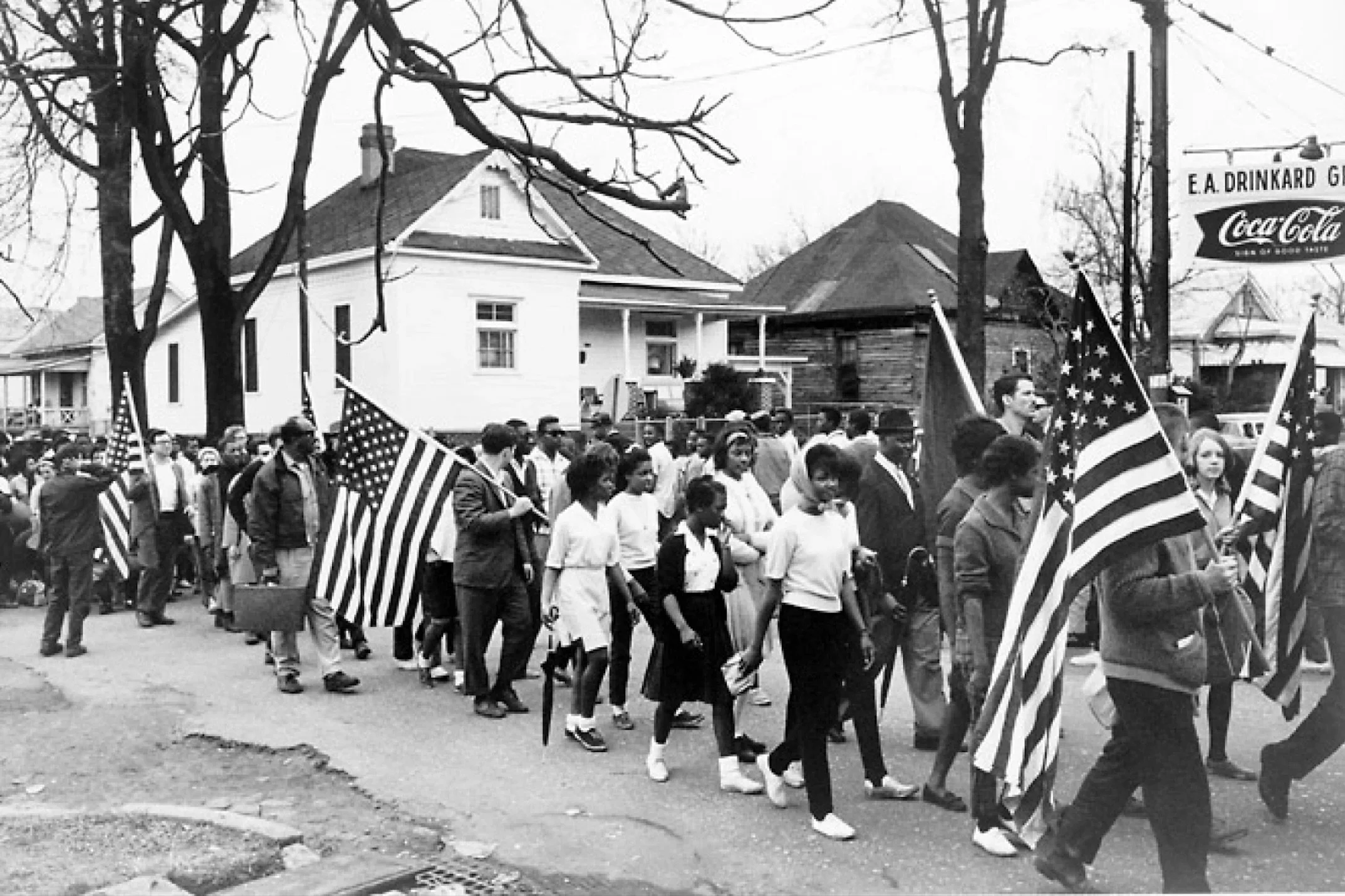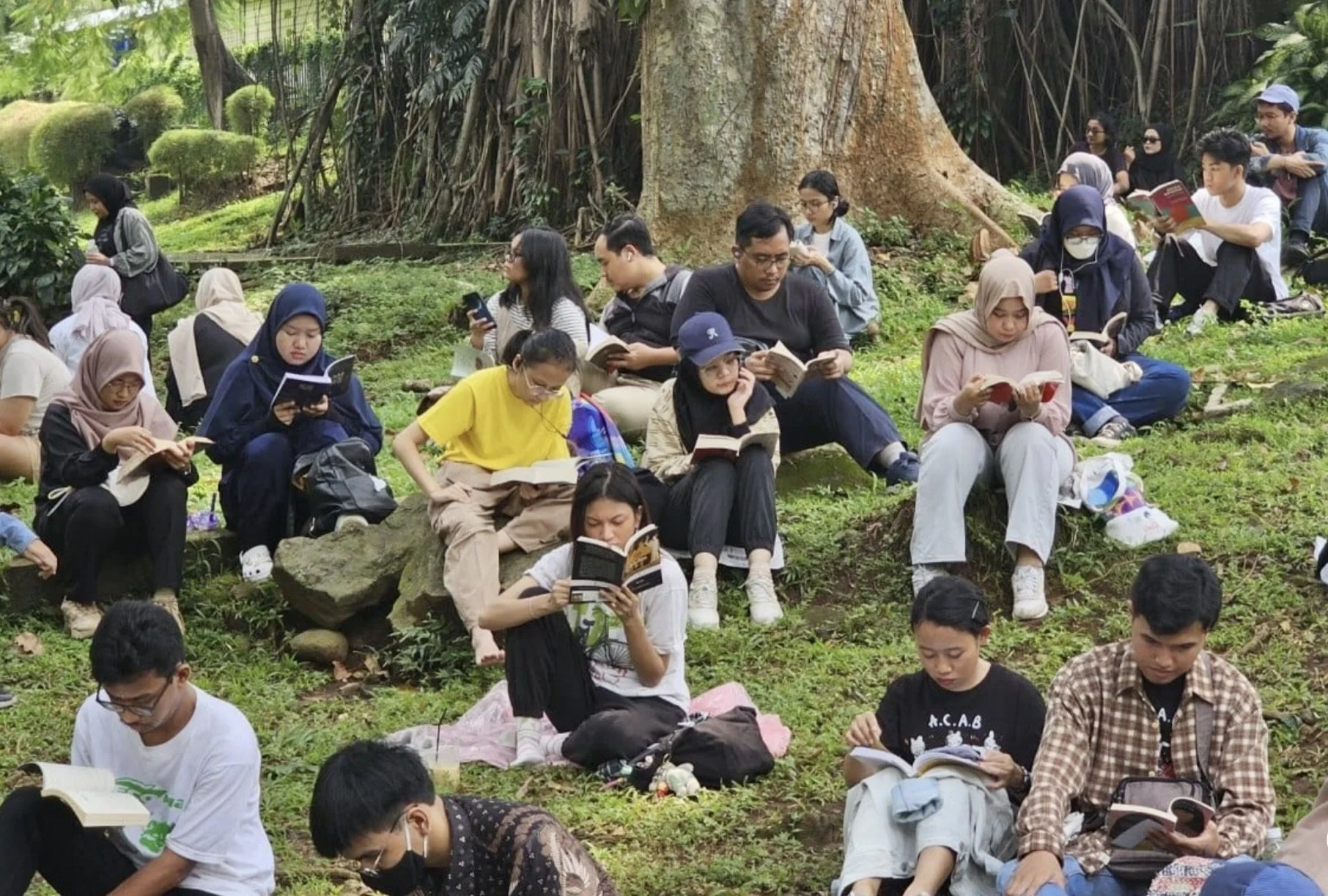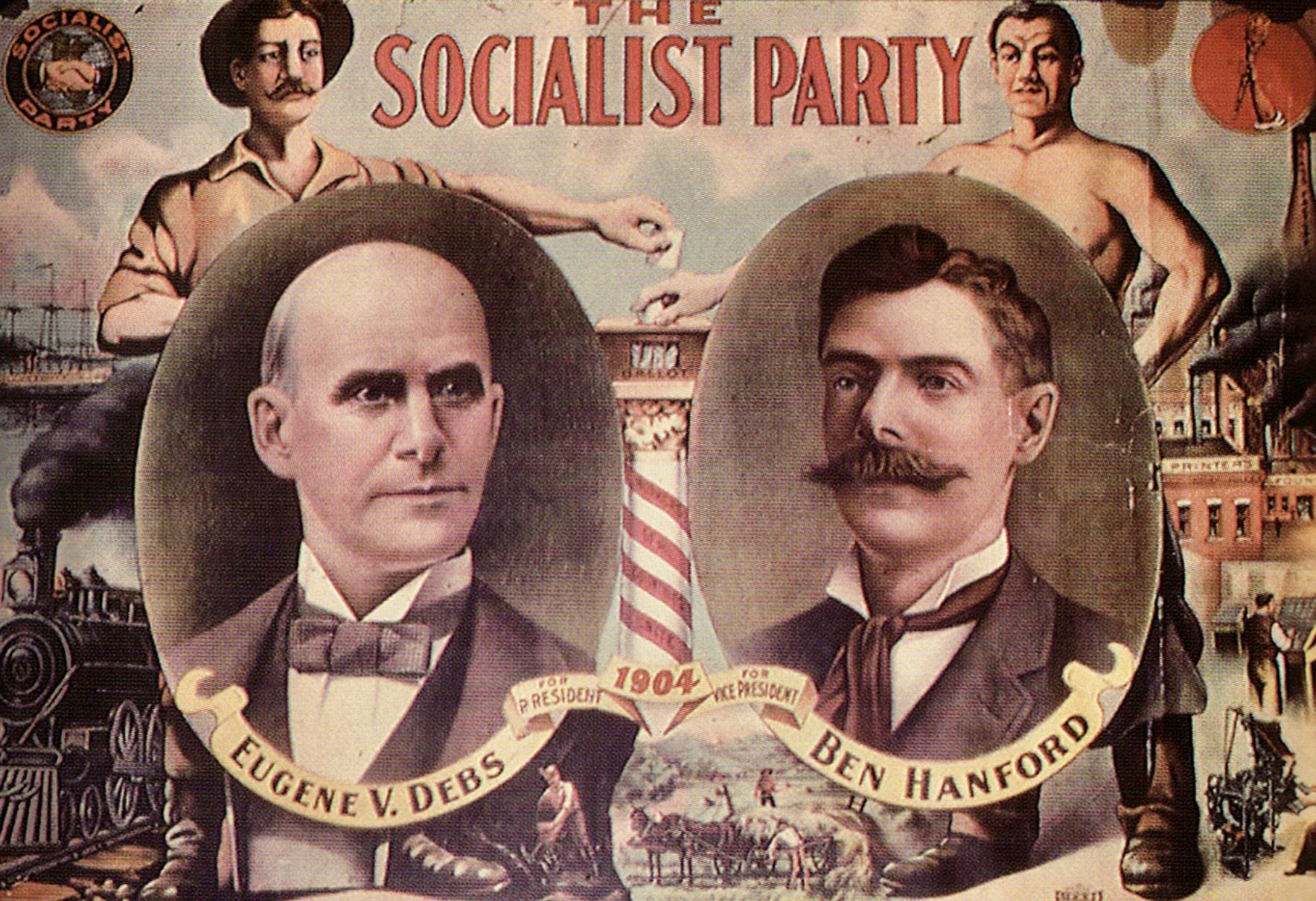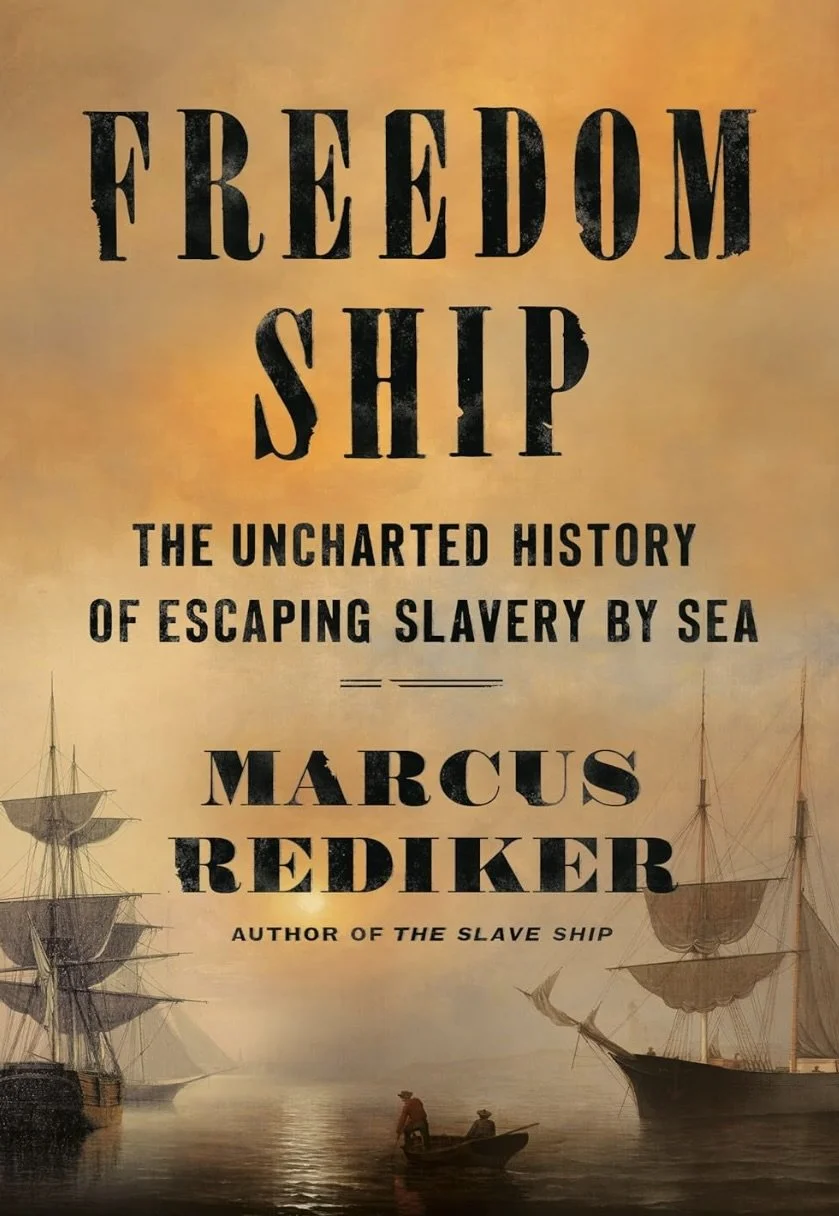
Current Class
Schedule & Registration
Here are the schedule and descriptions of current classes, workshops, and conversations
at Let’s Learn! this semester. Each description includes a registration link.
Hope to see you in class!
Class Schedule
SPRING 2026
Launching the New Year: A Vision Board Workshop
Christelle Barakat and Lisa Dombrow
Saturday, January 24, 2:00 pm - 3:30 pm, Eastern US Time (time zone converter)
Over the years, vision boards have become popular tools to motivate oneself and manifest hopes, dreams, goals, and expectations. Made up of images, words,quotes, symbols, and more, these joyful collages help to continuously display what one wants to become or achieve.In this class, Christelle Barakat and Lisa Dombrow will briefly explain vision boards and talk about basic collage techniques. Then, we will split into two breakout rooms and create vision boards with either physical materials or digital tools.If you want to make a physical vision board, make sure to bring paper, magazines, colored pens/pencils/markers, scissors, some kind of glue or tape, and anything else that comes to mind! If you want to try making a digital one, make sure to sign up/register for FREE on the Milanote website and have it open on the day of the workshop.Finally, those who would like to will share their boards with the whole group.Let's launch into the new year with creativity and vision!
For Profit Higher Ed: The Promise and the Trap
Leah Barlow
Saturday, January 31, 2:00 pm – 3:30 pm (time zone converter)
The promise of American education for over 150years has been the promise of upward mobility,a golden path out of poverty toward a better material life and widening cultural horizons—that is, if you’re smart enough and work hard enough.Is this true or is American education a false meritocracy? For communities of color, and for poor people in general, the road to higher education has been full of potholes, landmines, roadblocks and checkpoints. In recent decades,for-profit colleges and universities have lured in millions of students leaving them with little to show for their hard work and tuition money other than a lifetime of debt.In this class, Dr. Leah Barlow, professor of African American Studies at North Carolina Agricultural and Technical State University, will explore the realities of for-profit education, its promise, its traps and its implications for the future of education in the U.S.A. [TBA]
Register Here
What’s In a Name?
The Cultural and Historical Meanings of African Names
Dr. Hewan Girma
Thursday, February 5
9:30 a.m. - 10:30 am (Eastern U.S. Time)
3:30 p.m. – 4:30 pm (West Africa Time) (time zone converter)
What’s in a name? It turns out, quite a lot!While often taken for granted, names can serve as a collective record of the traditions and values of a particular society. African societies have creatively embedded in personal names a wealth of information, with deep-rooted meanings. In this class Professor Hewan Girma, Associate Professor of African American and African Diaspora Studies at the University of North Carolina Greensboro,explores the significance of African names and the preservation of African naming practices in the vast diaspora. African and diasporic names tell us something about the development of African cultures, cultural politics of naming, and ethno-racial identity.Dr. Girma, co-founder and co-director of the Ethiopian, East African, and Indian Ocean Research Network, will introduce us to onomastics, the study of proper names. What’s in a name? Come find out.
Register Here
What is Science and Who are Scientists?
Dr. Nadja Cech and Dr. Omar Ali
Thursday Feb 19 at 9:30— 9:30-10:45 a.m. (time zone converter)
This conversation between Dr. Nadja Cech and Dr. Omar Ali will explore what we might mean by "science" and who"scientists" are, historically,philosophically, and practically. If the 'scientific method' entails observing, asking questions,hypothesizing, gathering data, analyzing data, testing, replicating, and predicting, they ask: “Does this not include a much broader range of human activity than is traditionally associated with the disciplines of Physics, Chemistry, and Biology? How might we understand the role of farmers,bakers, and metalworkers, for example, in terms of science? If so, what is the history of science,globally, and what does science look like in practice, locally?”Dr. Cech is Sullivan Distinguished Professor of Chemistry and Biochemistry who runs an NIH funded laboratory that seeks to discover antimicrobial substances; Dr. Ali is Dean Emeritus and Rosenthal Professor of African Diaspora History whose work looks at the ways in which science has been carried out over time across the world. They are both at the University of North Carolina at Greensboro.
The Activist Clown Toolkit
A Trickster’s Guide to Playful Rebellion
Robyn Hambrook
Saturday, February 28 - Tricksters & Truth-Sayers: A Clown History of Disruption
1:00 pm – 2:30 pm (Eastern Time)
6:00 pm – 7:30 pm (Western European Time) (time zone converter)
Sunday, March 1 - Case Studies: Clowning in the Wild
1:00 pm – 2:30 pm (Eastern Time)
6:00 pm – 7:30 pm (Western European Time)
Clowns have always been society’s tricksters—exposing truths, mocking power, and bringing disruption & play to the front lines of protests. Join Bristol based clown-activist Robyn Hambrook for a two-part lecture series exploring the rebellious history and some of the disruptors of modern disruptors. By looking at history, contemporary case studies, hands-on exercises and playful reflections, we’ll meet this exciting collection and mischievous energy here to challenge the status quo and ignite your creative rebellion. www.robynhambrook.com
February 28, Register Here
March 1, Register Here
Mansions, Mines and Jim Crow Birmingham, Alabama and the Rise and Fall of Jim Crow
Dr. Pam Sterne King
Saturday, March 7, 2:00 pm – 3:30 pm, Eastern U.S.Time (time zone converter)
Founded in 1871, Birmingham, Alabama, the American South’s first great industrial city, attracted desperately poor whites, Blacks and immigrant workers to its mines and mills. Its monied interests worked hard to keep the workers apart by creating and imposing some of the most repressive Jim Crow campaigns and laws in history. Birmingham was also a social cauldron that produced intensive union organizing, the largest Communist Party in the South and led it to become one of the centers of the Civil Rights Movement of the 1960s. Dr. Pam Sterne King, Credentialed Instructor, Department of History, the University of Alabama at Birmingham, will provide a concise overview of this history and why it matters.
International Short Story Reading Club
Sowjana Siva
Saturdays, March 14, 21 and 28
2:00 pm – 4:00 pm Eastern U.S. Time (time zone converter)
This three-week offering is a unique gathering of people from all over the world (including you, if you choose)who will read aloud, and discuss as they go along, short stories from distinct cultural traditions around the globe. The Short Story Reading Club is led by a senior director at the Intercontinental Exchange and a well-read polymath—Sowjana Siva. The stories will be in English translation and will be read out loud from the screen. Each session lasts two hours. No previous exposure to international literature is required.
March 14, Register Here
March 21, Register Here
March 28, Register Here
Socialism and Electoral Politics in the U.S.
Dan Friedman
Saturday, April 4, 2:00 pm – 3:30 pm (time zone converter)
The election of socialist mayors Zohran Mamdani in New York City and Katie Wilson in Seattle in 2025 surprised many people. However, socialism has a long history and deep roots in the United States. As an electoral force, socialism had its biggest impact (so far) between 1900-1848 when a thousand socialists were elected to municipal, state and federal offices. These elected officials included three socialist congress people from New York City and the mayors of (among others): Butte, Montana; Cleveland,Ohio; and Schenectady, New York. Milwaukee, Wisconsin elected socialist mayors in every election from 1910 to 1960. What happened? And why don’t you know about this radical heritage?Join Dan Friedman for a brief introduction to the history of American socialist politics and its implications for today.
Register Here
Harmonizing Under the Street Lights: The Beauty and Impact of Rhythm ‘n’ Blues Harmony Singing
Bob Friedman
Saturday, April 11, 2:00 pm – 3:30 pm Eastern U.S. Time (time zone converter)
In the 1950s acapella harmonizing by teenagers could be heard every night on the street corners of working-class Black neighborhoods in America’s big cities. The music they were creating, which has come to be called Doo-Wop, had its roots in their parents’ Black Church quartets, as well as in a creative Rhythm ‘n’ Blues emulation of the popular music of the 1940‘s.These vocal groups became a vital component in the mash up cross-over phenomenon called Rock‘n’ Roll. Join Bob Friedman—founder of the Birmingham Black Radio Museum, long-time DJ and talk show host on Birmingham’s WJLD-AM, and an acapella group harmony singer since his teenage years in New York City— in conversation with cultural historian Dan Friedman in exploring the history and cultural impact of this beautiful form of American music.
Register Here
Freedom Ship: The Uncharted History of Escaping Slavery by Sea
Marcus Rediker
Saturday, April 18, 2:00 p.m. Eastern U.S. Time (time zone converter)
Most Americans know about the Underground Railroad, the network of safe houses that helped those escaping slavery in pre-Civil War South travel north to freedom. What is far less known is that thousands of people escaped north by sea—smuggled in the merchant ships that carried cotton and other goods north to the ports of Philadelphia, New York, New Bedford and Boston.
That almost-lost history has now been researched and reclaimed by Marcus Rediker, the distinguished professor of Atlantic history at the University of Pittsburgh, in his recently published book Freedom Ship: The Uncharted History of Escaping Slavery by Sea. He is the author of many other books that look at history from “the bottom up,” including The Amistad Rebellion and The Slave Ship: A Human History. His books have won numerous awards, including the International Labor History Book Prize and the George Washington Book Prize, and have been translated into twenty languages. Dr. Rediker will be interviewed about Freedom Ship and its implications for today by Omar Ali, the Elizabeth Rosenthal Excellence Professor at the University of North Carolina Greensboro, Dean Emeritus of Lloyd International Honors College, and the author or editor of nine books on the global African Diaspora. This important conversation between two world class historians will include plenty of time for your questions and comments.
Register Here

